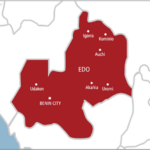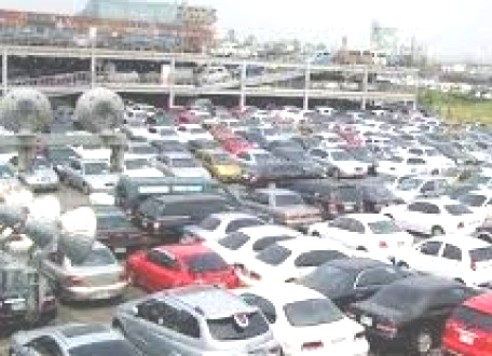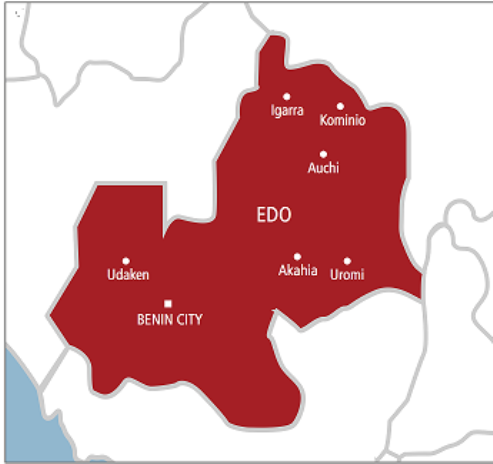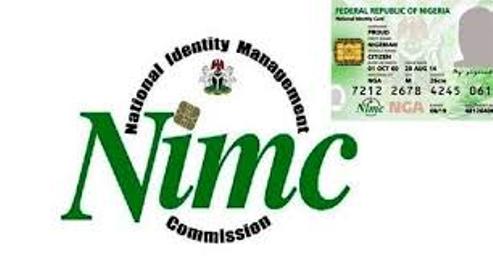LAGOS MARCH 28TH (NEWSRANGERS)-The value of used vehicles imported into Nigeria decreased by 47 percent in 2022 to N325.05 billion from N617.48 billion in 2021, according to data from foreign trade from the National Bureau of Statistics (NBS).
NBS reports that used cars with diesel or semi-diesel engines cost N72.32 billion to import in the first quarter of 2022, N96.76 billion in the second, N90.77 billion in the third quarter, and N65.19 billion in the fourth quarter of last year, totalling N325.05 billion.
Comparatively in 2021, vehicle dealers imported N174.22 billion worth of used vehicles in Q1 2021; N172.07 billion in Q2, 2021; N185.41 billion in Q3 2021, and N85.77 billion in Q4 2021, amounting to N617.48 billion.
Vehicles dealers attributed the sharp decline in used vehicle imports to the high import duty, the foreign exchange crisis, and low purchasing power of customers caused by the economic hardship.
Oluwafemi Amisu, regional manager of Auto Auction Mall told BusinessDay that since the hike in the cost of duty, importation of cars started seeing a downward trend.
“Increase in import duties has 100 percent played an important role in the reduction of importation of used cars, “Amisu said.
He also attributed the benchmark of car models to an increase in shipping cost leading to increase in price of the vehicles.
“Majority of transactions made by Nigerians importing vehicles are within the 08-010 model range, which typically cost N400,00 –N600,000 to clear. However, since 2014 has been chosen as the benchmark, clearing costs have increased to 1 million to N1.7 million,” Amisu said.
The Nigeria Customs Services announced in April 2022 that it would update from the 2017–2021 edition of the ECOWAS Common External Tariff to the 2022–2026 version, under which used cars coming into the nation are subject to a 20 percent tariff rate.
The National Automotive Council (NAC) levy, which is 15 percent, combined with the Value Added Tax of 7.5 percent, results in a almost 50 percent levy that is now paid on used vehicles imported into the country.
He also said the ripple effect of the cost of duty has also been seen in shipping companies that export vehicles into the country.
“Shipping lines like the Grimaldi Group and Salmo also saw 40 to 60 percent less in terms of exportation. They had to downsize the vessels that were used to load cars to Nigeria. They could probably do 2,300 vehicle capacity vessels, but now most of them are dropping it down to a 1000-1500 capacity vessel. So, it’s a ripple effect that is affecting everybody.
“The forex crisis and increase in inflation rate contributed its share to the decline. Forex is also a major deal, when dollar was between N300 and N500 per dollar and the inflation rate was not so bad, income level seems to be slightly balanced relative to now,” Amisu said.
Amisu explained that it is one thing to have a dollar account, it is another thing for transactions to go seamless.
“The deadline for payment for those who are supposedly purchasing a vehicle from the auction is two to three working days including the day of sales; if this deadline is missed, one will start to accrue late fees, and if the funds aren’t received within five to seven working days, the vehicle will be relisted and the deposit, which is going to be a minimum of $600, that will be forfeited.
“However, for such a transaction to go through, it takes two weeks to facilitate such trade from Nigeria, and by then both deposit and car would be lost due to the Nigerian factor, another reason why the importation of cars are declining and people are switching to buying Nigerian used cars,” Amisu said.
Amisu also added that from the human angle, the fraud of this business keeps arising and people are skeptical about it.
“You find people being skeptical about importing vehicles. Rather than losing money people are also turning to buying vehicles they can see, pay and pick up as opposed to sending money and then waiting for the vehicle to come or not and when it eventually comes, you have to talk about restoration,” Amisu said.
Business Day











